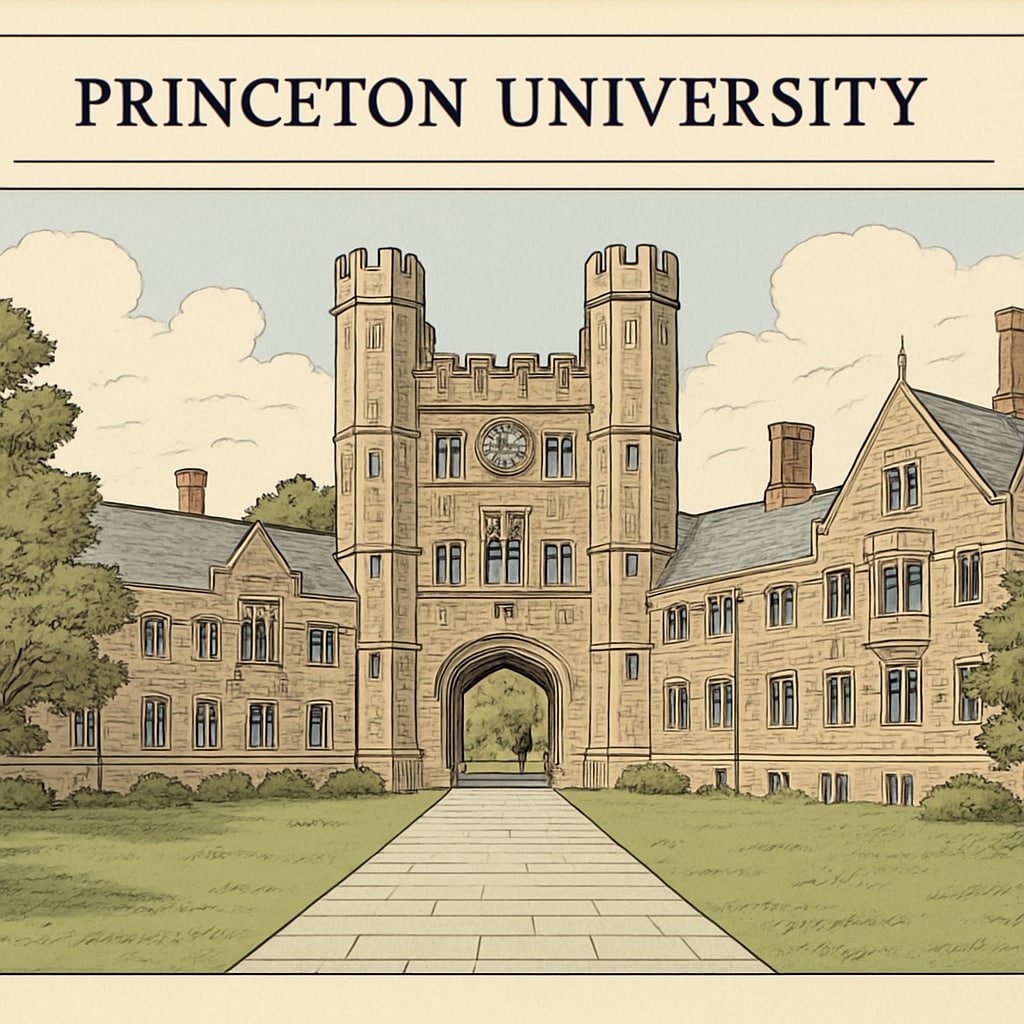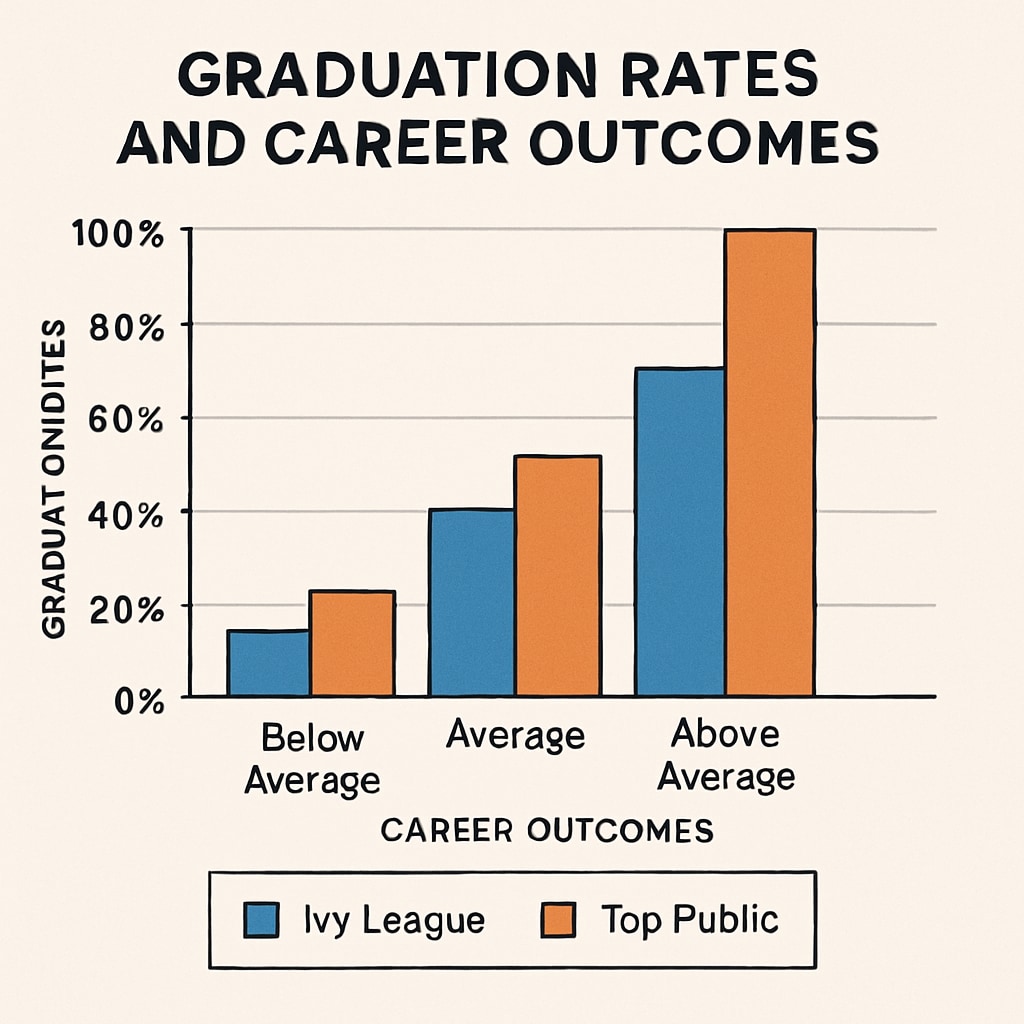The allure of Princeton University and Ivy League schools has long dominated the aspirations of students, parents, and educators. However, the question remains: are these institutions truly deserving of their near-mythical status, or are they overrated in today’s rapidly evolving educational landscape? This article explores the overvaluation of Ivy League schools, particularly Princeton, and challenges their perceived role as the pinnacle of higher education. By peeling back the layers of prestige, we aim to uncover the reality behind the reputation and encourage a broader conversation about what education should truly accomplish.
The Prestige of Princeton: A Closer Look
Princeton University, like the broader Ivy League, is often seen as a gateway to success. The institution boasts an impressive history, world-class faculty, and an exclusive network of alumni. However, one must ask: does Princeton’s reputation align with its actual contribution to student growth and societal progress? For many, the answer lies in the disconnect between the brand and the real-world outcomes.
For example, while Princeton is certainly home to brilliant minds and groundbreaking research, it is worth questioning whether these achievements significantly outpace those of non-Ivy institutions. A study by Britannica reveals that many state universities produce equally successful graduates in fields like engineering, medicine, and public service. Yet, the Ivy League “halo effect” overshadows these contributions, leading to an often unjustified overemphasis on name recognition.

Are Ivy League Schools Overvalued?
To understand the overvaluation of Ivy League schools, we must first analyze the criteria used to measure their success. Rankings, for instance, often favor institutions with abundant resources and selective admissions. While these metrics reflect exclusivity, they do not necessarily indicate a superior educational experience. In fact, studies have shown that student outcomes are more closely tied to individual effort, mentorship, and opportunities rather than the prestige of the institution.
Consider this: a high-achieving student at a state college may have access to smaller class sizes, close relationships with professors, and practical career support. Meanwhile, Ivy League institutions, including Princeton, often face criticism for fostering a hyper-competitive culture that prioritizes rankings over well-rounded education. As a result, many graduates of lesser-known universities report feeling more prepared for the workforce due to hands-on experience and personal attention.

Reevaluating the Goals of Education
What, then, should be the ultimate goal of education? For parents and K12 educators, the focus should shift away from chasing brand-name colleges toward fostering lifelong learning, critical thinking, and adaptability. These qualities, which are increasingly essential in a rapidly changing world, cannot be guaranteed by an Ivy League degree alone.
To create meaningful change, we must debunk the myths surrounding elite universities. Instead of fixating on Princeton or other Ivy League institutions, families should consider factors such as program fit, affordability, and long-term career goals. As Wikipedia highlights, higher education serves diverse purposes, from personal enrichment to societal advancement, and no single university can meet every student’s needs.
Conclusion: Time to Rethink the Ivy League Obsession
While Princeton and its Ivy League peers undoubtedly have much to offer, their value must be viewed in context. The overemphasis on prestige often blinds students and parents to equally viable, if not superior, alternatives within the broader educational ecosystem. By reevaluating our priorities, we can break free from the narrow confines of Ivy League obsession and focus on what truly matters: equipping the next generation with the skills, values, and adaptability needed for lifelong success.
In the end, the question is not whether Princeton is “overrated” but whether the weight we assign to names like Princeton prevents us from exploring the full spectrum of educational opportunities. The answer lies in our willingness to challenge the status quo and prioritize substance over status.
Readability guidance: This article uses concise paragraphs, clear transitions, and illustrative examples to engage readers. Key points are summarized in lists and supported by external references. Overly complex sentences and passive constructions are minimized to ensure accessibility.


